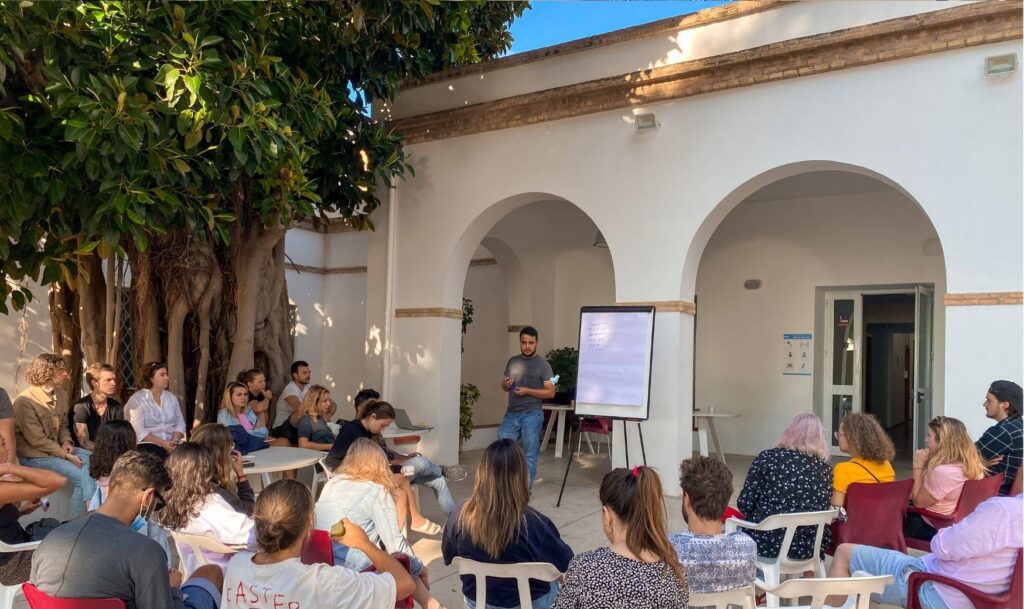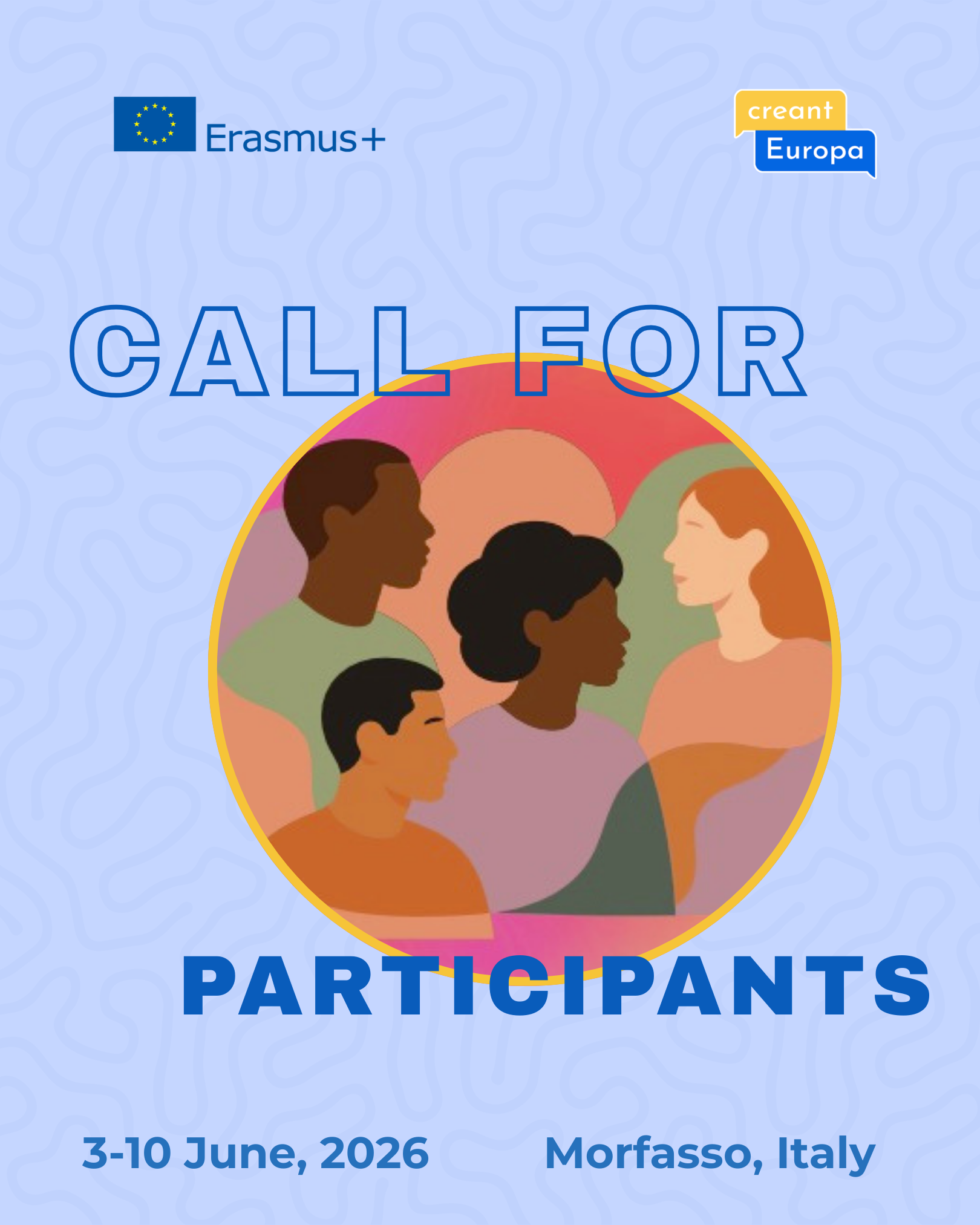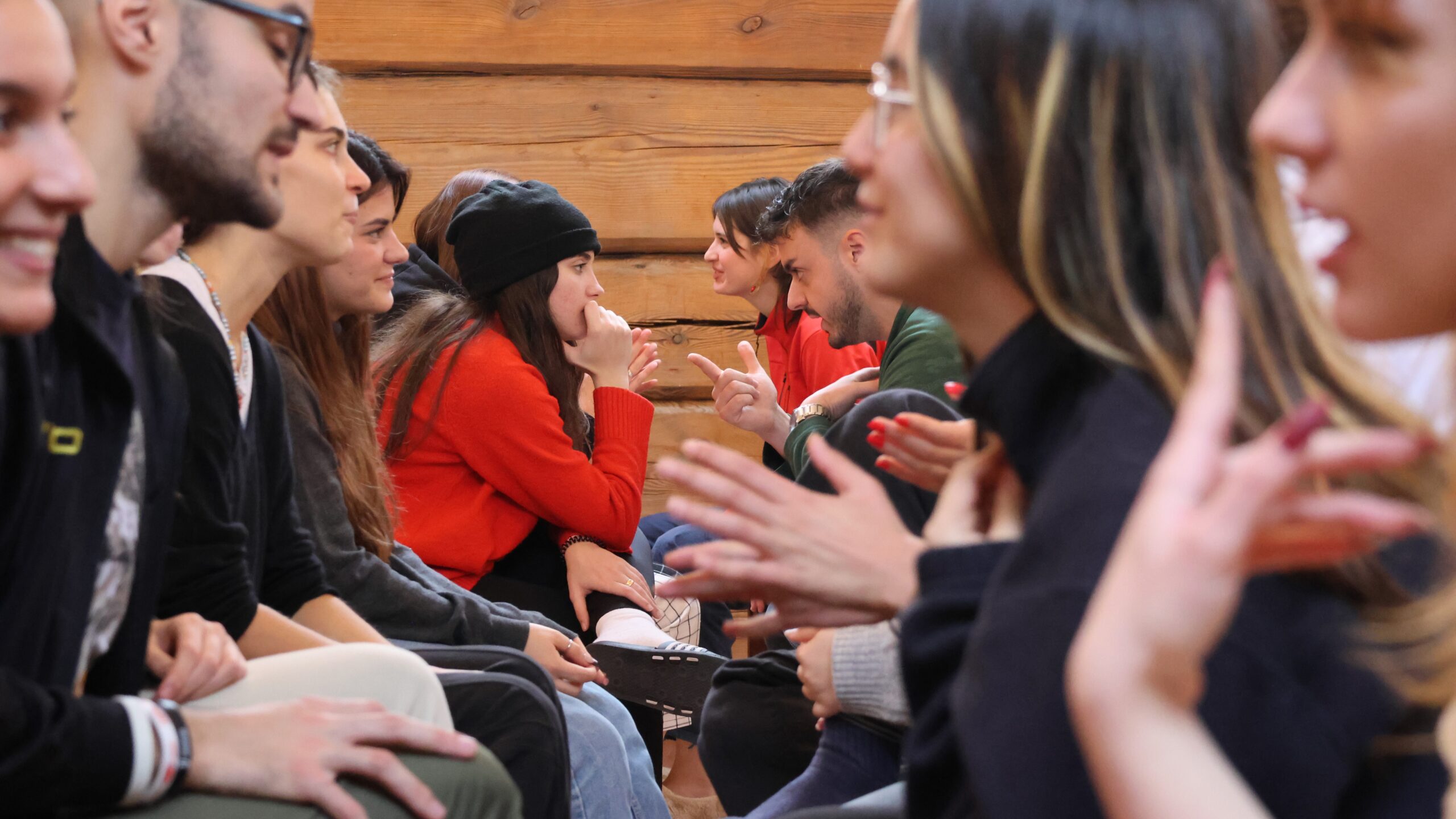Benicàssim, Spain
This youth exchange celebrated in Benicàssim, Castellón, explored the role of work in life, and the participation of youth people in the job market. It brought together 30 people from Spain, Bulgaria, Greece, Turkey, and Romania.
Why did this project matter?
Employability, unemployment, labor rights, precariousness, vocation, salary, self-employment, remote work, automation… The terms mentioned above are just some of the aspects of the job and you just have to see the attention that is given to them and the discussions that are generated around them to realize the importance that they we grant at the individual and social level. Our work is the main conditioning factor of our quality of life and, in many cases, of our own identity. And despite this, there is far from being an agreement on work. Far from there is a consensus, it is a reality in which numerous types of contracts, working conditions, theoretical models, expectations and public policies that often move in different directions and sometimes found.
Within this complex reality, one of the few issues in which the data leaves no room for doubt is the particularly disadvantaged position of youth in terms of employment. As the European Union recognizes throughout of its Youth Guarantee, young Europeans live with realities as disheartening as an unemployment rate that double that of the general population, overrepresentation in temporary and part-time work modalities, overqualification, low job stability, low wages and difficulties entering the labor market. to these difficult current conditions must be added the growing presence of realities such as automation, which will affect great work experience.
European society, and especially youth, is no stranger to this situation. There is a growing interest in debates in around work, with numerous proposals and visions being widely disclosed and discussed by the public general, a trend that has accelerated in 2020 due to the sudden alteration of the work experience for millions of people. In this context, it is essential that young people participate effectively in decision-making in this countryside. Not only because they are the ones in a worse situation, but because they are the ones who are going to live together for a longer time with the decisions made.
This project was created with the aim of reflecting from the perspective of youth on the developments in the employability and the labor market. Its specific objectives are:
- Enliven the debate among young people about the nature and future of work in our societies.
- Giving European youth the necessary knowledge and tools to influence the development of labor policy
- Enrich the discussion around work by connecting people with different perspectives and
experiences.
- Generate a more informed and participatory citizenry in making decisions related to an issue as important as this.
What did we do?
Our youth exchange was an in-depth exploration of the intricacies of employability and the ever-evolving labor market. It aimed to empower young voices to reflect on and engage with the pressing issues surrounding work in contemporary society.
In response to the complex and multifaceted nature of work-related challenges, our project sought to equip young participants with the knowledge and tools needed to navigate this terrain effectively. Through a series of activities, workshops, and discussions, we delved into various aspects of employment and labor markets.
We facilitated lively debates and conversations, encouraging participants to share their perspectives on the present and future of work. The project provided a platform for them to gain insights into the dynamics of employability, unemployment, labor rights, and the changing nature of work.
One key focus was on understanding the disadvantaged position of young people within the employment landscape. Participants explored alarming statistics such as the higher youth unemployment rate, overrepresentation in temporary and part-time work, overqualification, job instability, low wages, and entry barriers into the labor market. Moreover, they grappled with the potential impact of automation on future job opportunities.
The exchange program aimed to bridge knowledge gaps, allowing young Europeans to comprehend the complexities of the labor market. This, in turn, would enable them to make informed decisions and advocate for policies that address the unique challenges faced by their generation.
Additionally, the project fostered connections among participants from diverse backgrounds and experiences. These interactions enriched the discussion around work, enabling young minds to gain fresh perspectives and insights. Friendships transcended borders, strengthening a sense of shared European identity.
Ultimately, our project sought to create a cohort of informed and engaged citizens. Equipped with a deeper understanding of work-related issues, participants were better prepared to influence labor policies and decisions at local, national, and European levels.
In essence, our youth exchange was an exploration of work in contemporary society, providing young participants with the knowledge, skills, and networks needed to navigate the complex employment landscape. It was a platform for them to actively engage with the challenges and opportunities surrounding work, ensuring that the future of employment is shaped by those who understand it best.





